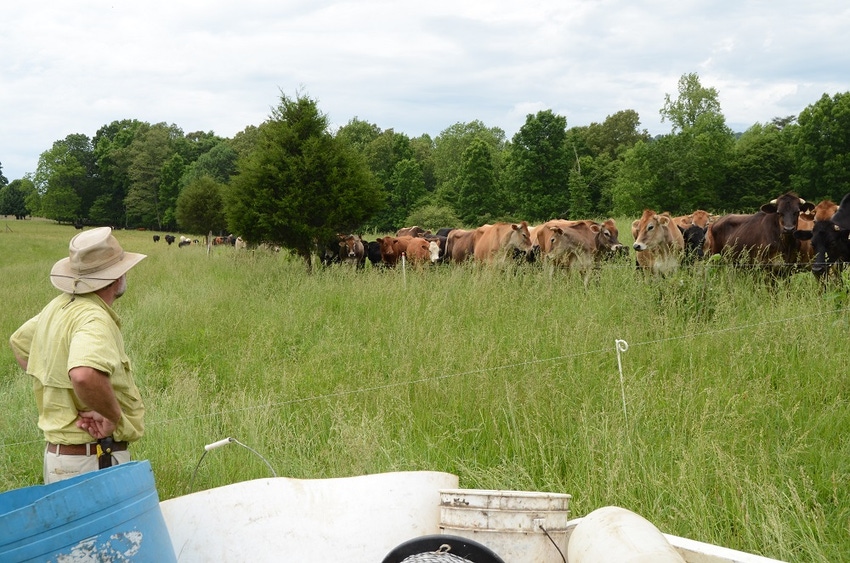
The ag press was loud about the acquisition of Whole Foods Market by Amazon back in June or July but I'm still fairly negative about it.
I am not a fan or even knowledgeable about Amazon and have never been in a Whole Foods store. I do not know how to turn a computer on and we pretty well eat only what we grow.
Today I spent a few minutes visiting with a couple of local farmer/ranchers and they were telling me where they liked to go for dinner (lunch). I replied that we liked the house where we knew what we were eating and where it came from.
Reports were that Amazon held a very quiet conference with a few select producers and marketers back in late July. The secret food meeting hosted by Amazon in Georgia was likely a method of gathering information by what has been described as a very savvy company and its savvy businessmen. Several grass cattle finishers drove or flew to the meeting on their own dime. I doubt if any left with contracts. Amazon likely learned that the grassfed industry in the US is still small and spread out.
Amazon is already promoting and selling healthy grassfed burger that they say is from a single animal harvested off of grass in California. Although that seems questionable, fundamentally I do not have a problem with such selling for a lot of reasons:
Our industry is moving and growing toward a ground beef market.
Most of the ground beef industrial patties are processed by grinders who run big batches of trimmings (hundreds or thousands of pounds) that include meat from hundreds of carcasses from maybe three or more countries.
Ground beef is by far the most common cause of beef food poisoning.
Ground beef will likely be the major growth point in our industry for a lot of years to come.
A healing, grassfed 7% lean hamburger makes my mouth water.
I read recently a remark by a popular cattle editor that there is no evidence of a single source burger being any safer or tastier or better for the planet. He might consider doing some more study and a little more traveling. Sure enough grassfed local beef is daylight to dark different in fatty acid make-up from a long-fed grain-fed product. The anti-inflammatory attributes of true grassfed have been researched and documented by numerous big-time laboratories for years.
I seriously doubt that Amazon will deliver the product that some of my friends and I are harvesting from our pastures. But I do believe that I can improve my health by eating a bunch (up to 16 oz.) of our product daily and I do not need to worry about E. coli or salmonella. Ditto the same remark from my patrons. They have been here and seen what they will eat next year.
There is nothing wrong with a high-quality product coming out of the natural model. There is no reason that folks cannot eat healthy.
About the Author(s)
You May Also Like






